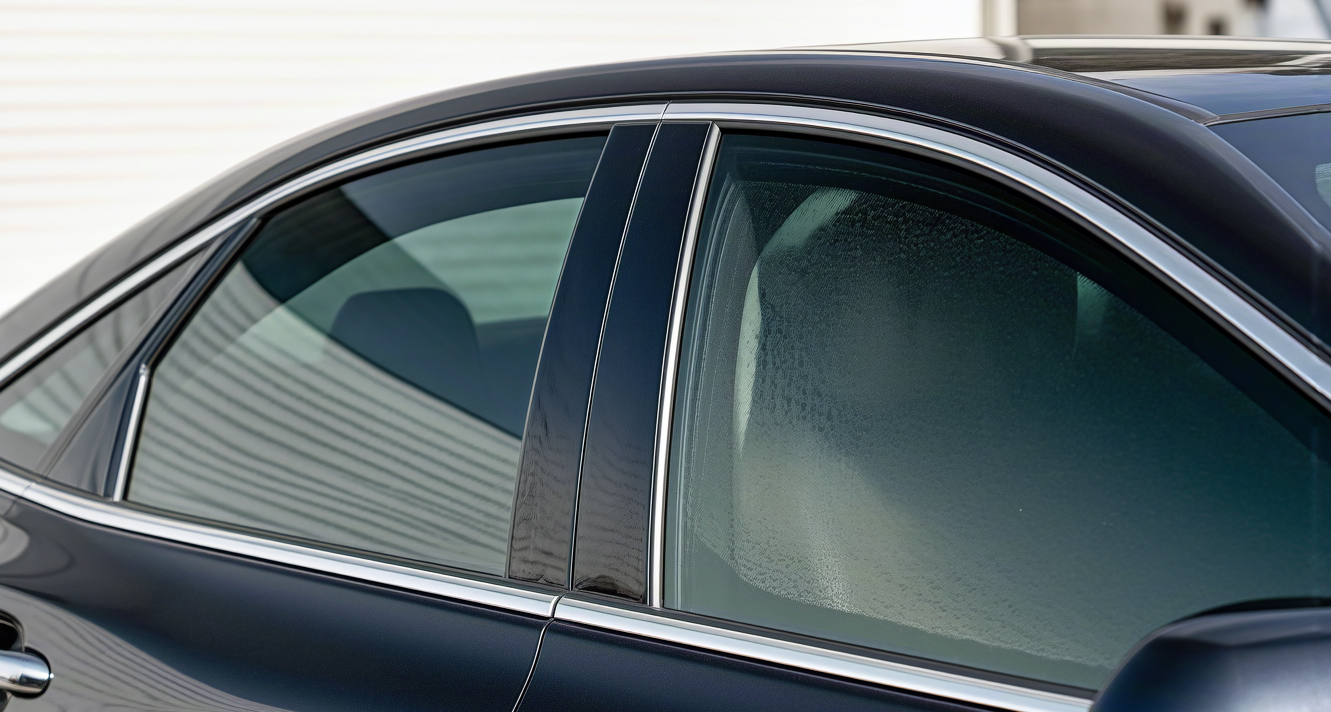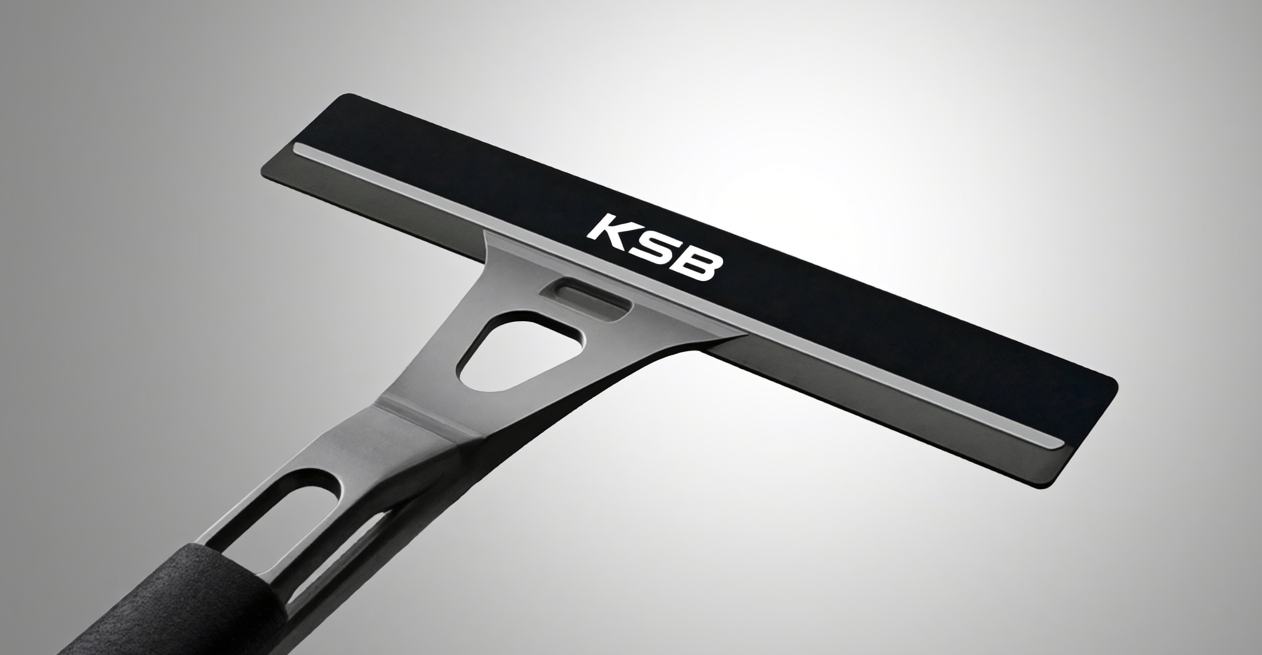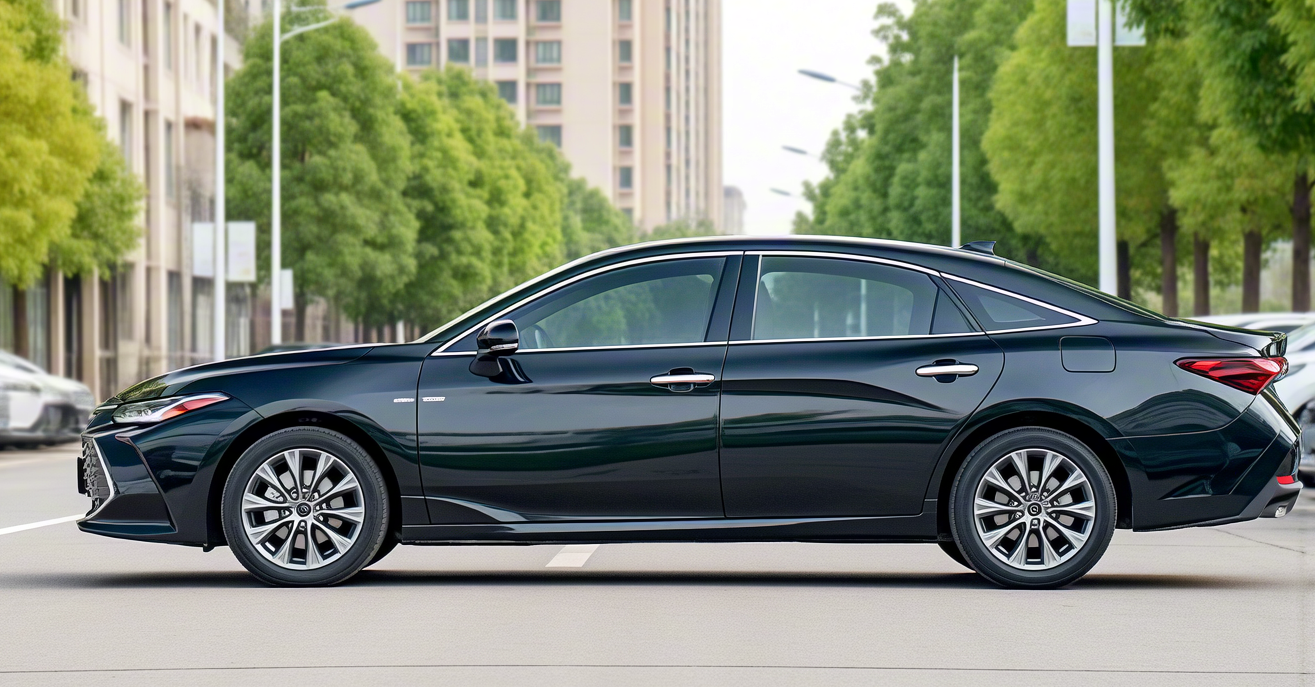Have you ever experienced dropped calls or slow internet speeds inside your car? If so, your window film might be the hidden culprit. While metal-based automotive window films effectively reduce heat and glare, they can interfere with mobile signals, impacting the performance of electronic devices and In-Vehicle Units (IVUs). Fortunately, not all films have this drawback; premium non-metal films offer similar benefits without compromising signal strength.
The Impact of Metal Window Films on Phone Signals, Electronics, and IVUs
Metal window films are designed to enhance privacy and provide a sleek aesthetic. They were once highly favored by car owners for their superior heat rejection, glare reduction, and protection against harmful ultraviolet (UV) rays. However, growing awareness of their potential disruption to phone signal reception, electronic devices, and onboard systems like GPS has led many to seek non-metal alternatives.
Modern vehicles are equipped with numerous In-Vehicle Units (IVUs) that rely on wireless communication to function effectively. For instance, GPS navigation systems depend heavily on strong satellite connections for accurate directions. Metal window films can obstruct these signals, leading to delayed or erroneous route calculations. Consequently, the effectiveness of emergency call systems (eCall), which rely on cellular networks, may be reduced. The metal particles embedded in these films, while excellent at blocking solar heat and UV radiation, also reflect and interfere with radio frequencies (RF) used by mobile phones, GPS, and other wireless devices. This often results in dropped calls, delayed GPS updates, or interrupted data connections during drives.
Although tinted automotive films offer advantages like improved energy efficiency and enhanced privacy, users must weigh these benefits against potential connectivity issues.
In-Depth: How Metal Films Weaken Phone Signal Strength
Many car owners have faced unexpected disruptions in communication, prompting a closer look at the interaction between these films and digital signals. Examining the composition of metal films and their signal interference mechanisms reveals why they affect phone signal strength.
These films typically incorporate metals such as aluminum, nickel, or copper embedded within polyester (PET) layers. These metallic components are added to boost thermal insulation, keeping the vehicle cool under intense sunlight. However, as these metals reflect solar energy, they also reflect RF signals. This reflection is the primary cause of interference with mobile and other wireless communication signals.
The interference mechanism is closely tied to how RF signals propagate. When a phone attempts to connect to a network, it emits RF signals. If these signals encounter the metallic components of the window film, they can be scattered or entirely blocked. Metal acts as a strong electromagnetic shield, offering excellent heat protection but introducing significant challenges for electronic device connectivity.
Top Non-Metal Alternatives: Balancing Comfort and Connectivity
In regions with harsh climates, like Saudi Arabia, efficient sun protection solutions such as automotive window films are essential. Finding a balance between comfort and connectivity is crucial. Advances in technology have led to the development of high-quality non-metal window films that address these concerns.
For users concerned about signal disruption, premium non-metal ceramic films are an excellent choice. These films utilize advanced ceramic or carbon-based compounds instead of metal alloys, providing robust UV protection and heat rejection without affecting signal strength.
If you are searching for the best automotive sun protection film, consider non-metal nano-ceramic films made from low-interference materials. This cutting-edge solution delivers cooling effects similar to metal films without sacrificing device functionality. Consulting a window film expert can help you select a product that effectively balances performance and connectivity needs.
For example, KSB’s Nano-Ceramic Film offers optimal shade and UV protection, enhanced privacy, clear driving visibility, effective heat reduction, interior protection, and reduces glass shatter impact by 95% — all without interfering with electronic devices or IU signals.
Two Key Reasons to Choose Nano-Ceramic Over Metal Window Films
1. Comprehensive Electronic Device Protection
Nano-ceramic films are engineered to block a significant portion of infrared (IR) radiation, reducing interior temperatures and protecting electronic devices from heat damage, thereby extending their lifespan. Furthermore, these films block up to 99% of harmful UV rays, safeguarding electronic components from potential performance degradation and protecting interior materials.
2. Improved Signal Reception
Unlike metallic window films, nano-ceramic films contain no metal elements, ensuring zero interference with electronic signals. This innovative design maintains optimal reception for GPS, mobile devices, satellite radio, and other communication technologies.
Conclusion
While metal window films offer notable advantages like energy savings and enhanced privacy, they can interfere with wireless signals, affecting phones and onboard devices. As a high-performance alternative, non-metal films — particularly nano-ceramic variants — deliver comparable heat and UV protection without disrupting network connectivity. For optimal results, consult a window film specialist to choose a product that best aligns with your performance and connectivity requirements.
For more information about any products offered by KSB or further details, please call our expert team at +86 13802405836 or email us at ksb0703@kashibang.com.








